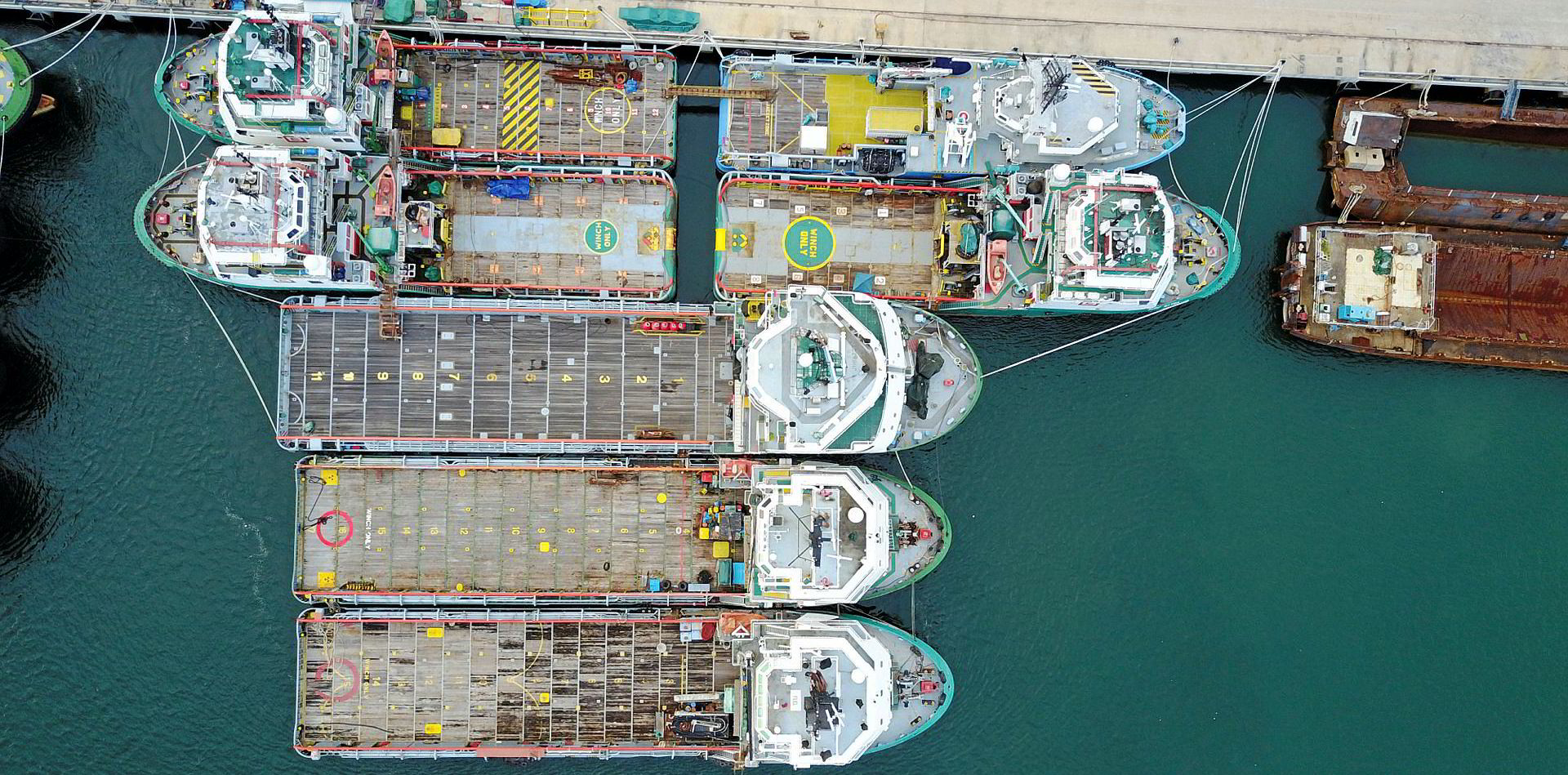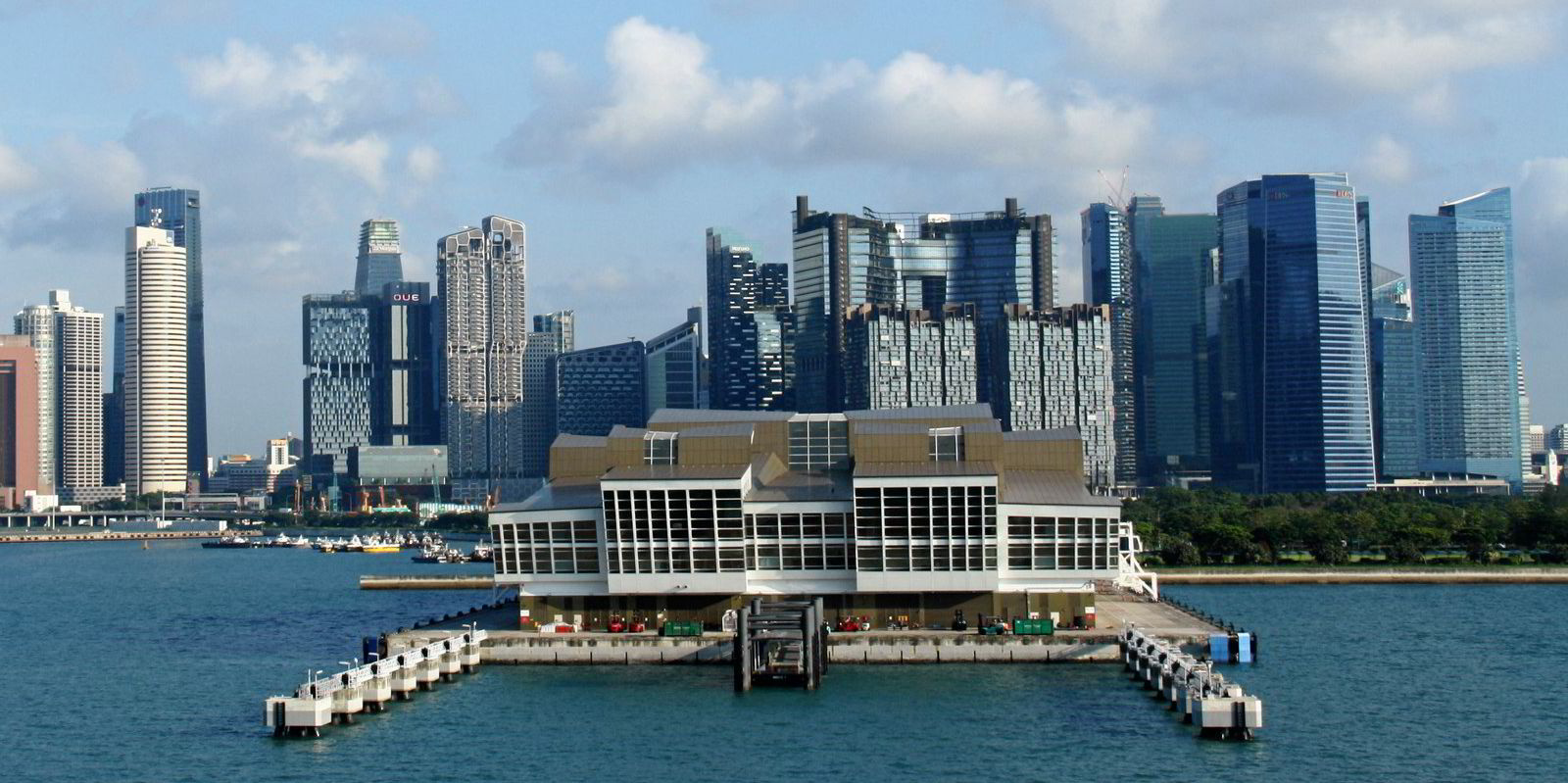Maritime companies listed in Singapore will soon have to provide climate-related reporting as well as disclosures on board diversity under plans unveiled by the Singapore Exchange (SGX).
All issuers must provide climate reporting on a "comply or explain" basis in their sustainability reports from the financial year starting 2022, the SGX said.
Climate reporting will become mandatory for issuers over several years with transportation industries not having to comply until 2024.
Those in the financial, agriculture, food and forest products, as well as energy industries face mandatory reporting from the financial year 2023.
The SGX said these requirements follow a public consultation on both sustainability reporting and board diversity disclosures which it claimed received "broad support".
"The market recognises that climate reporting is important as a first step towards efforts to mitigate the effects of climate change," said Tan Boon Gin, chief executive of the SGX’s regulatory arm.
"Decision-makers also want climate information when they allocate assets, extend financing, and price risks. These factors make climate reporting most urgent for industries with the biggest impact."
Tan said the SGX was also mandating specific disclosures around board diversity following recent uncertainties that have posed financial and governance challenges.
"Having a broad set of perspectives will better enable companies to anticipate and face these challenges. It is therefore crucial that boards are diverse and have the necessary skill and experience to deal with the complexities of today’s operating environment," he added.
Diversity policy
From next year, issuers will also be required to set a board diversity policy that addresses aspects such gender, skill and experience.
They are required to describe their board diversity policy and give details such as targets, plans, timelines and progress in their annual reports.
Singapore’s listed marine-related companies achieved a mixed report card in the latest annual Singapore Governance and Transparency Index published in August.
Keppel Corp was the highest placed marine-related company coming in eighth, down from sixth in the previous year’s index.
The next best-placed company was fellow shipyard group Sembcorp Marine, which was in 13th place followed by Penguin International in 42nd place.
Some companies showed a marked improvement, such as Japanese bulker owner Uni-Asia which jumped from 216th place to 53rd place. Some, however, such as Yangzijiang Shipbuilding headed in the opposite direction falling from 174th to 363rd place.
Offshore companies, criticised in the past for their poor standards of governance and transparency, showed a marked improvement.
Offshore vessel operator Pacific Radiance rose from 216th place in 2020 to 65th place this year, while Marco Polo Marine improved from 487th place to 237th this year.
However, some companies could not kick their bad habits with ASL Marine slumping from 64th position to a lowly 374th place, while Mermaid Maritime went from 85th in the rankings to 462nd.
A study of 587 Singapore-listed companies commissioned by the Corporate Governance Advisory Committee has shown that 87% of the 3,700 directors in the firms reviewed were male, while 45% had all-male boards.





